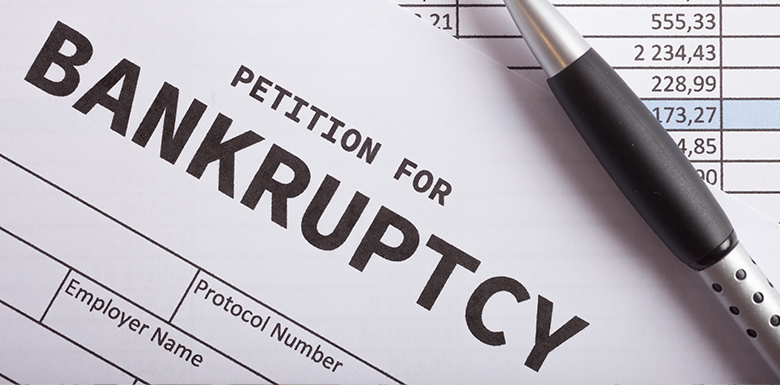Nobody decides on chapter due to one over-due invoice. As a substitute, most individuals are behind on quite a few money owed, together with their mortgage or hire, auto mortgage, bank cards, pupil loans, taxes, and in some instances, restitution, felony fines, and court docket charges.
You have to perceive what’s and isn’t dischargeable in chapter, particularly should you’re weighed down by sure fines based mostly on a previous felony conviction. Whereas chapter should be a very good match, you should still have some money owed when it’s over. It’s finest to enter the chapter course of together with your eyes open.
What ‘Discharge’ in Chapter Means
A discharge in chapter means the court docket completely releases you from a selected debt. You’re now not liable for paying it. It goes away, and the creditor can’t come after you anymore.
Discharge is particular to your money owed – it isn’t all-encompassing. A chapter court docket might discharge sure money owed and never others.
Is a Chapter Discharge Computerized?
Except a creditor objects to a discharge, then sure, it’s usually automated. For instance, courts often grant a discharge in Chapter 7 when the time restrict to file an objection runs out. That’s often about 4 months after you file.
Chapter 13 and different chapters require you to undergo a cost plan for 3 or 5 years. When you full your plan, the court docket grants a discharge should you’re eligible. Discharge is a little more difficult beneath a Chapter 13 chapter, so it’s essential to speak with a lawyer about what to anticipate.
Can the Chapter Court docket Discharge Legal Fines?
One thing you gained’t get discharged is a felony effective. If you happen to have been discovered or pleaded responsible to a criminal offense, you could owe restitution, fines, and court docket prices. You’ll owe these money owed whether or not or not you full your chapter case.
Nevertheless, not all fines are from a felony case. It’s essential to tell apart between fines which are from civil motion by a municipality or state and people from the felony court docket course of. Civil fines and charges could also be dischargeable.
If you happen to aren’t positive whether or not the fines you owe are a civil or felony matter, speak with a chapter lawyer.
Which Money owed Can the Court docket Discharge?
The chapter court docket can discharge all kinds of unsecured, non-priority money owed. These often embody medical payments, bank cards, utility payments, hire, and private loans with out collateral.
Nevertheless, a chapter court docket gained’t often discharge:
- Taxes
- Money owed not listed by the debtor in court docket paperwork
- Little one assist, spousal assist, and alimony
- Money owed for willful and malicious accidents to individual or property
- Money owed to governmental items for fines and penalties
- Federal loans and pupil loans
- Money owed for private damage attributable to drunk driving
- Money owed owed to particular tax-advantaged retirement plans
- Particular condominium or cooperative housing charges
Nevertheless, the dischargeable money owed rely upon the chapter chapter. It’s totally different for Chapter 7 and Chapter 13 bankruptcies. You possibly can discharge money owed after finishing a Chapter 13 compensation plan which you can’t discharge beneath Chapter 7. For instance, the non-criminal fines you owe the federal government may be discharged in Chapter 13 however not in Chapter 7.
Able to Study Extra About Chapter?
There’s nothing straightforward about deciding to file for chapter. It’s a severe monetary matter that may impression your credit score and alternatives for years to come back. But it surely’s additionally a needed course of that permits many people and households to start out recent.
If you happen to’re late on a number of money owed with no hope of catching up, speak with our Cleveland chapter attorneys at Luftman, Heck & Associates. We have now years of expertise serving to people determine whether or not to file and guiding those that select to by the method.
You possibly can attain us at (216) 586-6600 or electronic mail us at [email protected].

